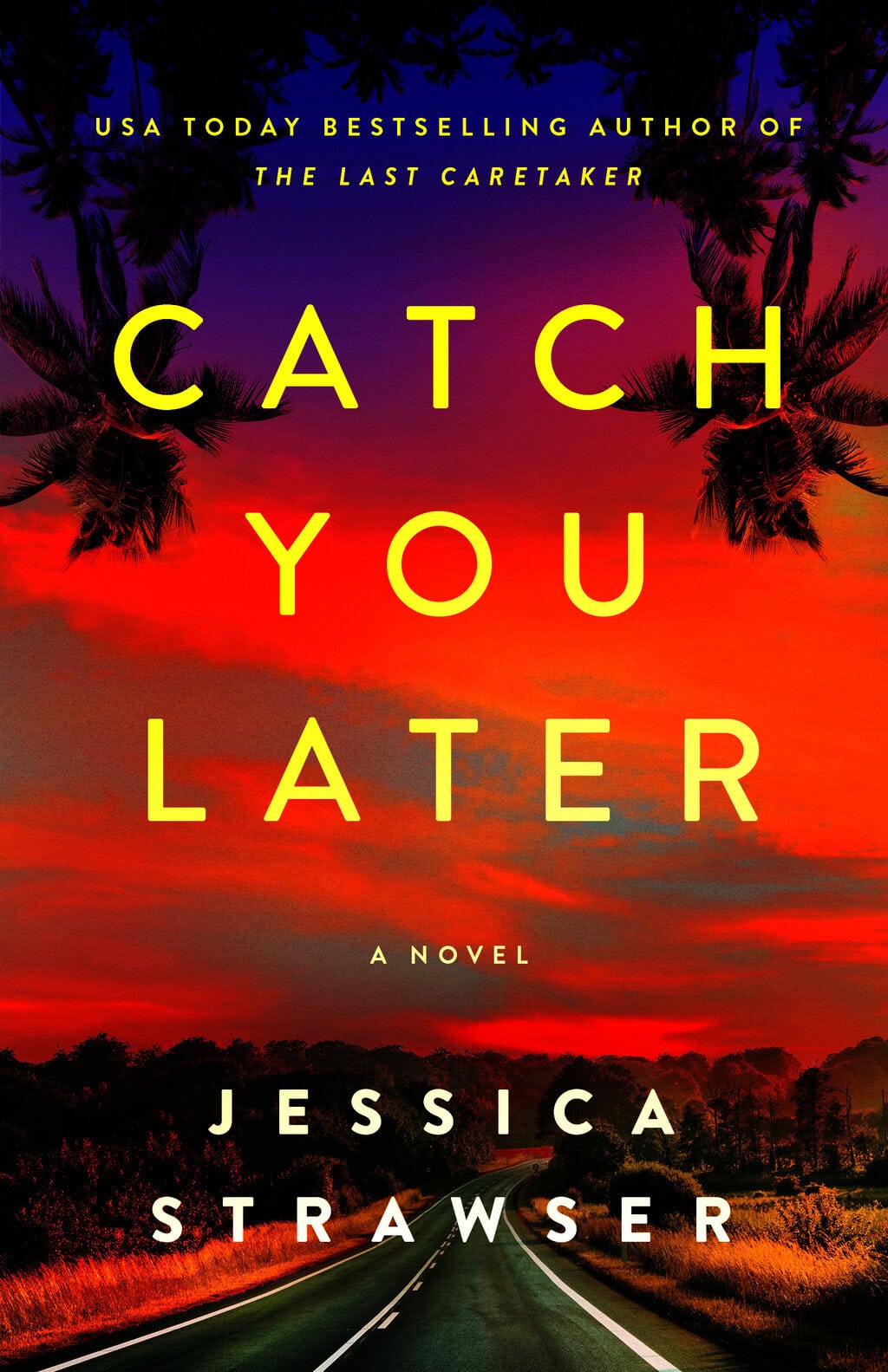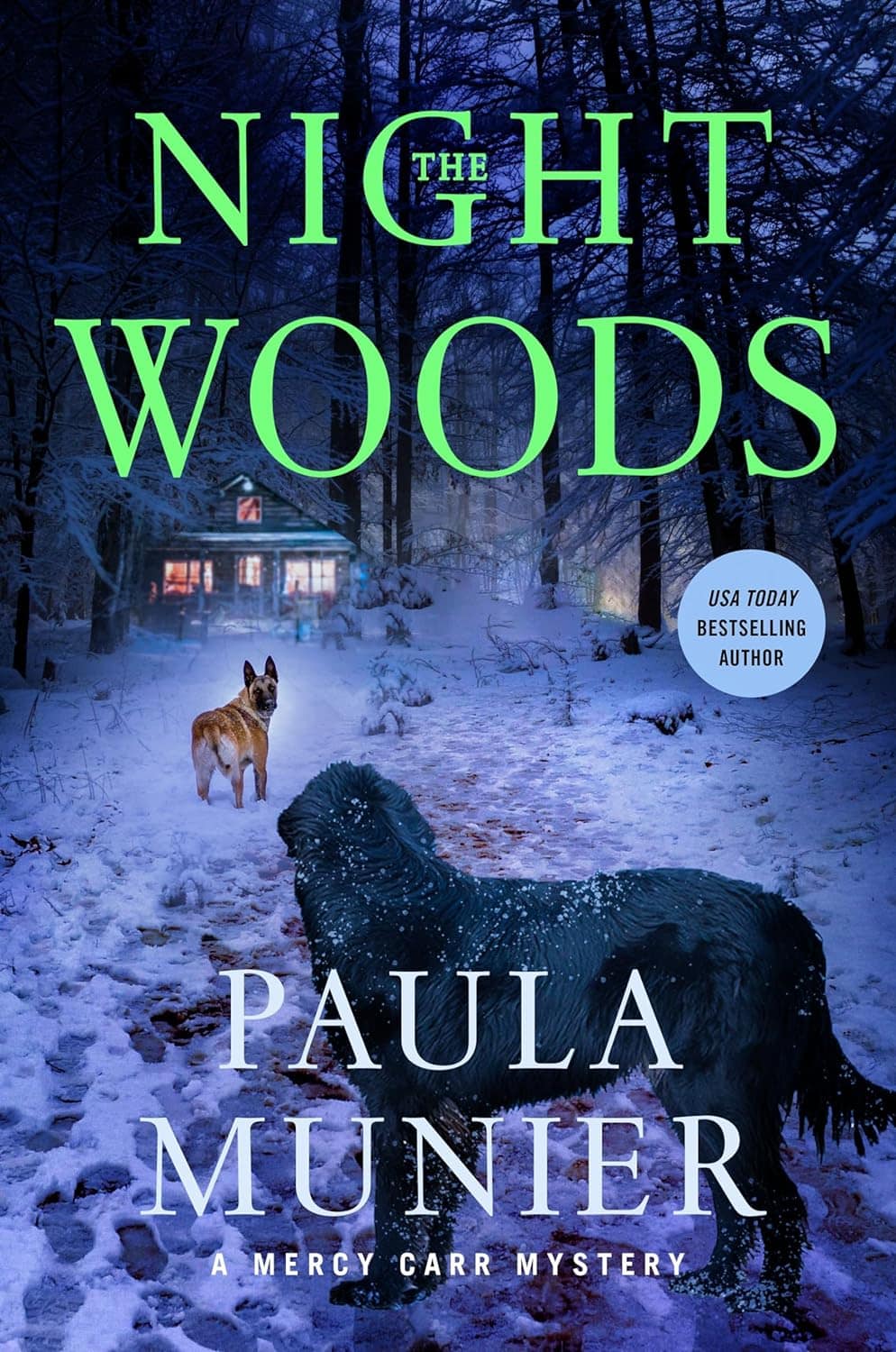Here at Career Authors, we believe knowledge is power, and that writers should study the publishing marketplace so they can conquer it. And if you are a regular reader of our site, you know we also stress the importance of making sure your book is truly ready to go before sending it out into the world. Taking this general knowledge quiz may confirm what you know—or reveal potential obstacles to your success.
Do you know what genre sells best?
Love is in the air.

The answer is #4: Romance.
Here is a breakdown of recent annual sales:
Romance – $1.44 billion
Mystery – $728.2 million
Religious/Inspirational – $720 million
Science Fiction/Fantasy – $590.2 million
Horror – $79.6 million.
When choosing a comp title for your debut novel, which of the following would be a MISTAKE?
Stay au courant!

The answer is a #1: Your competitive titles should be RECENT successes, published in the last three years.
When sending an agent a query about your book, which of the following should you NOT include?
Wait to be asked.

The answer is #2. Do not send materials unless they’ve been specifically requested by an agent or their submission guidelines.
What can you expect when getting a literary agent?
World Rights, anyone?

The answer is #4. A good literary agent does many things. They will negotiate the finest contractual details to get you the best deal—it’s a mutual interest.
Agents will love everything you write—if they think they can sell it. If not, maybe not.
They will not charge you a fee; instead, they take a percentage of what the authors makes—generally 15%.
They cannot be counted on to provide line-by-line edits.
Why might a publisher reject a book?
Don't submit your book until it's ready.

The answer is #1: Paula Munier says that for her to sell a book to a publisher, the book needs to be 90% there—in other words, the book’s writing must be more than "promising."
Commonplace ain’t bad. It depends how the story is told. Throughout time, the same themes appear again and again; it’s wisdom passed along.
A writer with a blog is appealing. Writers may not like it, but these days many publishers expect authors to actively and effectively promote their own books.
Publishers like authors who write a book a year—which I am calling prolific. Some writers write more, and that can be okay (but an author who is too prolific can dilute the market and can indeed annoy publishers).
What is a book advance?
Sell more books, earn more royalties.

The answer is #2: Publishers give authors an advance, paid against future royalty earnings. Paid before a book is published, this amount of money is calculated by what a publisher expects a book will sell. Everyone, of course, hopes it sells even more!
An advance is not how much an author gets paid. It’s more like a contract signing fee. If a book sells many copies, a writer may earn even more money.
These days much of commercial fiction is written in Third Person Close POV--also known as third person limited. Which of the following is an example of Third Person Close?
Answer is #2

We’re in Jane’s head, and she is narrating the action without using “I.”
Punctuation matters! Which is correct?
The answer is #3.

Dog breeds are generally not capitalized (poodle) unless they have a place name or breeder in their title (Irish setter, Jack Russell terrier).
Job titles are capitalized when they come right before a person’s name (President Biden), but not after or if there is a “the” in front of it. (Brian spoke to the national security advisor about it.)
Commas, periods, question marks and exclamation points are almost always placed within quotation marks. Brits muddy the waters here.
Punctuation exists to clarify the prose. Following the rules will help you better communicate your precise meaning to your reader. If in doubt (for these rules have exceptions), check out The Chicago Manual of Style for explanations, examples, and special cases.
More punctuation! Elmore Leonard says writers should keep the explanation points under control. In a novel of 100,000 words, how many explanation points do you think are suggested by this bestselling author of tens of millions of books?
Answer is #1.

Leonard thought the prose should do the work.
What kind of book should you write?
Of course, the answer is #4.

Go to it!




